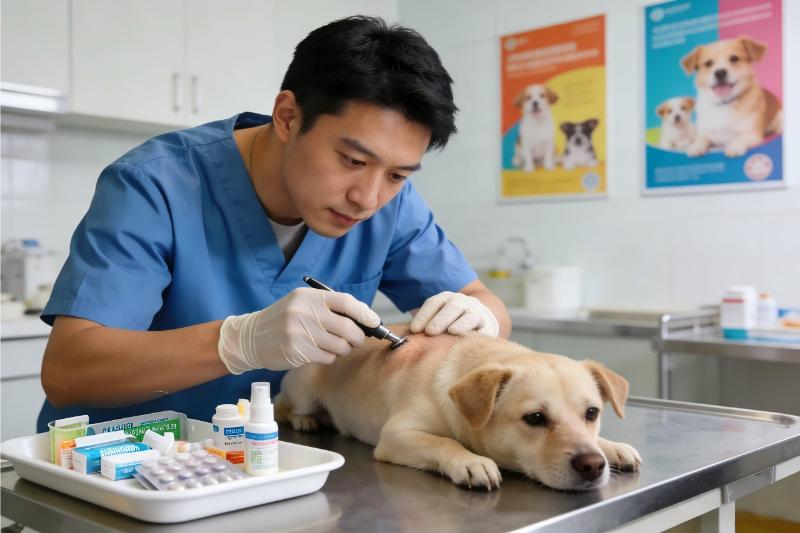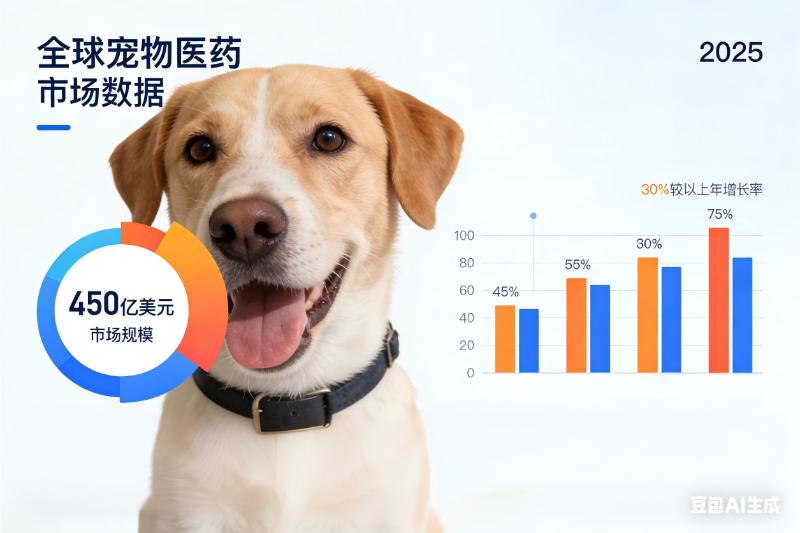

As the pet holiday economy surges 35% YoY, WERVIC’s Christmas pet health packages become pet owners’ top pick—blending clinical-grade care with festive relevance for global markets.

A common yet puzzling behavior among dogs—chewing grass, leaves, or soil in outdoor green belts—has sparked concerns among pet owners. This news piece dives into three key triggers: natural digestive instincts, nutritional deficiencies leading to pica, and psychological stress. It also offers vet-approved guidance to address the issue, from dietary adjustments to positive behavioral training, ensuring your furry friend stays healthy and public greenery remains intact.

This article addresses pet skin itching—a top reason for 40%+ veterinary visits—covering key symptoms (frequent scratching, hair loss, lesions) and root causes (allergies, parasites, fungal/bacterial infections). It outlines scientific treatments: vet diagnosis (skin scrapings, allergy screenings), targeted meds (antihistamines, dewormers, terbinafine), and preventive care. It warns against arbitrary use of human drugs, emphasizing professional guidance for safe recovery.

This 2025 global pet pharmaceutical market report forecasts the market to reach $45 billion, with deworming, joint care, and urinary health segments growing 30%+ YoY. It highlights Chinese brands’ competitive advantages (e.g., WERVIC under Weierli Group’s 24+ years of experience, global certifications, customization capabilities) and global opportunities via e-commerce/cross-border trade. It advises prioritizing innovation and localization for long-term success, positioning Chinese brands as key players in the booming market.

This article explores the science behind why kittens love staring at their owners, breaking down four key reasons: curiosity-driven observation of human actions, slow eye contact as a trust and bonding signal, gaze-based communication of needs like hunger or play, and instinctual practice for hunting skills. It explains that this behavior is not random but a window into kittens’ minds, helping pet owners understand and strengthen their connection with their tiny feline companions.
